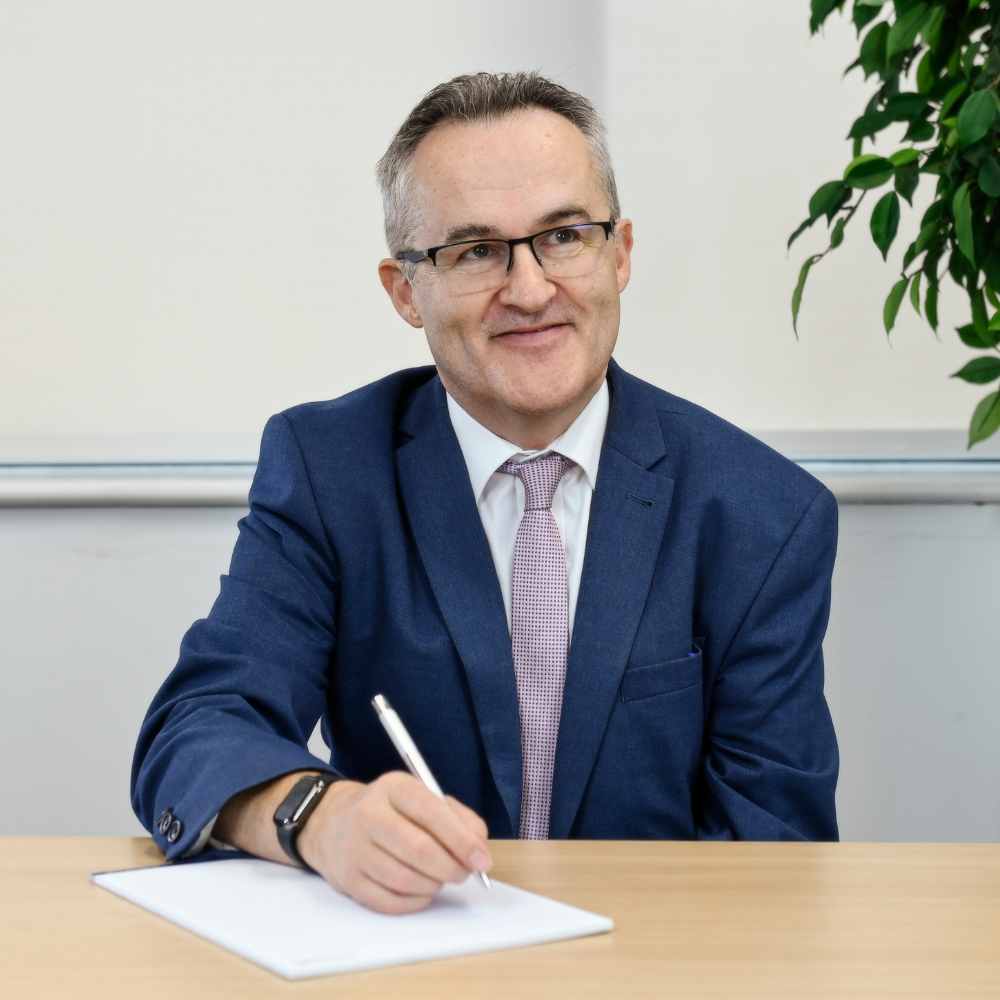Simon Craddock
Visit company website
My name is Simon Craddock and I qualified as a solicitor in 1990. I have worked in the area of International Family Law since 2000 and have also acted as a mediator in this type of work.
I mainly act for parents but on occasion have acted for children and very occasionally Local authorities. I am a national Children committee member for our Family Law association (Resolution) and have been a Hague Convention Panel Member (ICACU) since 2001.

Relevant experiences and positions

I have represented both parents and children in the High Court and Court of Appeal in England and Wales since 2001.
I have provided expert written and oral evidence in cases involving predominantly United States outgoing Hague cases and on one occasion in respect of Japan and have been quoted as a designated expert in a judgment in New York District Court in March 2023.
I have been quoted in a Podcast by Tortoise media in January 2023 called “Snatched” relating to an outgoing Hague Convention case.
I have presented several webinars including in Italy at the invitation of Monash University in 2009 and through Resolution (2020-2022 )and a recent one through MBL Seminars (2023) on issues of International Children/domestic children law.
I have had a specialist Resolution Accreditation in Child Abduction with Resolution since 2002 .
I have been a Law Society Children Panel Member in 1999 – converted to a Law Society Advanced Panel Member in 2015
I have been a Resolution Trained Mediator since 1997
I have been a partner in the Brethertons LLP family team since 2000.
Some personal questions
What is your opinion on the law / case law on child relocation in your country?
I think that the discretionary nature of the system in England and Wales provides for flexibility and a proper holistic approach to be taken. I further submit that the law has evolved and that relocations are carefully evaluated by the courts. I am concerned however that the court system is now becoming too reactive (I have a present case where I issued in January and still no first court date has been issued ).
The case law itself is well established. I am pleased that the law is nuanced but do sense that it is becoming more difficult ,time consuming and expensive for clients seeking to relocate/opposing a relocation.
What is your (practical) advice to parents, to make relocation easier for a child?
I think you need to think about your particular child – their characteristics and put forward a positive profile for that child when proposing a move to another country. You need to be clear as to holidays for the left behind child. If you are open minded you should consider child inclusive mediation -this means a child with a degree of maturity and age can express their concerns (if any) about a proposed move .If the other parent accepts the move then the child should be involved appropriately er a choice for schooling /housing etc so you get their “buy in”.
When did you first handle a child abduction case?
My first child abduction case was in 2000. A mother came to me and said her passports had been taken off her by the police .There was an urgent hearing in the High Court. What I did not realise then was the case was unique in so far as (a) the father compromised at the final hearing stage ( which I have subsequently discovered is very rare ) and on the first holiday to the father’s country (Germany ) he wrongfully retained the child (which has also never happened to me again ). I did learn a lot from that case!
What makes a child abduction case different from other cases?
I think there is a different work ethic. Successful child abduction lawyers will be interested in cases and will appreciate it is not always a 9am -5pm Monday-Friday existence .
It is also gaining an insight as to how each country in the Hague 1980/1996 interprets cases. It is also learning to be respectful of other countries and how they deal with Hague cases
Finally I think it is about empathizing with a certain situation as opposed to sympathizing with a client. You need to try your best, but to quote Rudyard Kipling in his poem “IF” “If you can meet with triumph and disaster and treat those two imposters just the same “ i.e. you should learn from cases but not dwell too much on them
What do you think is important to do or not do as an attorney in child abduction cases?
I think it is very important to understand the severity of these cases and the impact that this case will have on children’s lives and parents lives. It is vitally important not to be complacent or treat each case the same.
It is also very important not to shy away from being upfront with clients about the likely outcome/costs etc. You may lose a few potential clients along the way but if you are upfront you will sleep better and will earn the respect of most of your clients .
Finally – never take on a case if you do not have sufficient time to devote to it. In my experience child abduction clients have appointed “you” and really do not like you swiftly delegating work to others in your team unless it is essential. You therefore, at the outset ,need to find out from your client what works for them ie telephone calls/video conferences /face to face if local /emails /WhatsApp’s etc and agree a proper communication style that works for both of you -including a service level -i.e. what is a reasonable time to respond to their 17 emails sent between 12 pm at night and 7am in the morning ?

